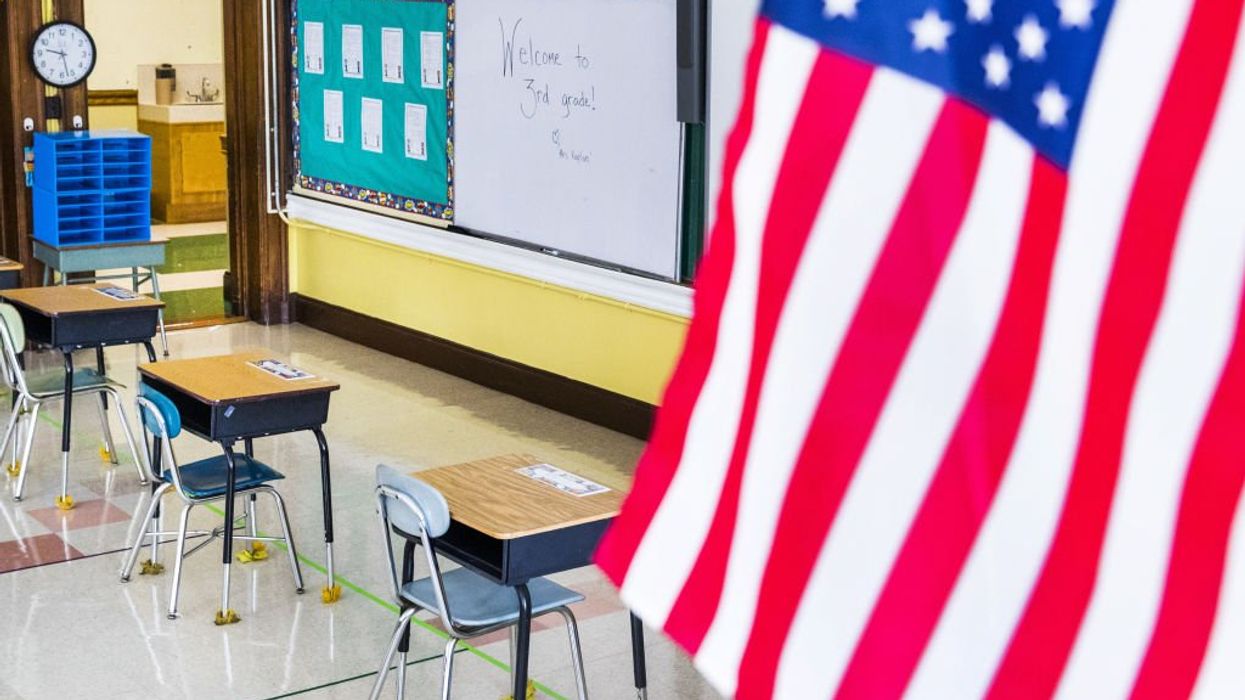
© 2024 Blaze Media LLC. All rights reserved.
Environmental activists have fought long and hard to get plastic shopping bags banned in many urban areas across the country, claiming that such bans would mean less pollution. The plastic bag industry says the production of plastic bags supplies jobs for 30,000 Americans. Unfortunately for the rest of us, there are many other consequences from such laws -- and I'm not just talking about a shortage of liners for bathroom waste baskets.
NRO's Ramesh Ponnuru explains, via Bloomberg:
Most alarmingly, the industry has highlighted news reports linking reusable shopping bags to the spread of disease. Like this one, from the Los Angeles Times last May: “A reusable grocery bag left in a hotel bathroom caused an outbreak of norovirus-induced diarrhea and nausea that struck nine of 13 members of a girls’ soccer team in October, Oregon researchers reported Wednesday.” The norovirus may not have political clout, but evidently it, too, is rooting against plastic bags.Warning of disease may seem like an over-the-top scare tactic, but research suggests there’s more than anecdote behind this industry talking point. In a 2011 study, four researchers examined reusable bags in California and Arizona and found that 51 percent of them contained coliform bacteria. The problem appears to be the habits of the reusers. Seventy-five percent said they keep meat and vegetables in the same bag. When bags were stored in hot car trunks for two hours, the bacteria grew tenfold.
That study also found, happily, that washing the bags eliminated 99.9 percent of the bacteria. It undercut even that good news, though, by finding that 97 percent of people reported that they never wash their bags.
Ew. Sounds bad, right? It gets worse:
Klick and Wright estimate that the San Francisco ban results in a 46 percent increase in deaths from foodborne illnesses, or 5.5 more of them each year. They then run through a cost-benefit analysis employing the same estimate of the value of a human life that the Environmental Protection Agency uses when evaluating regulations that are supposed to save lives. They conclude that the anti-plastic-bag policies can’t pass the test -- and that’s before counting the higher health-care costs they generate.
Want to leave a tip?
We answer to you. Help keep our content free of advertisers and big tech censorship by leaving a tip today.
Want to join the conversation?
Already a subscriber?
more stories
Sign up for the Blaze newsletter
By signing up, you agree to our Privacy Policy and Terms of Use, and agree to receive content that may sometimes include advertisements. You may opt out at any time.
© 2024 Blaze Media LLC. All rights reserved.
Get the stories that matter most delivered directly to your inbox.
By signing up, you agree to our Privacy Policy and Terms of Use, and agree to receive content that may sometimes include advertisements. You may opt out at any time.



